
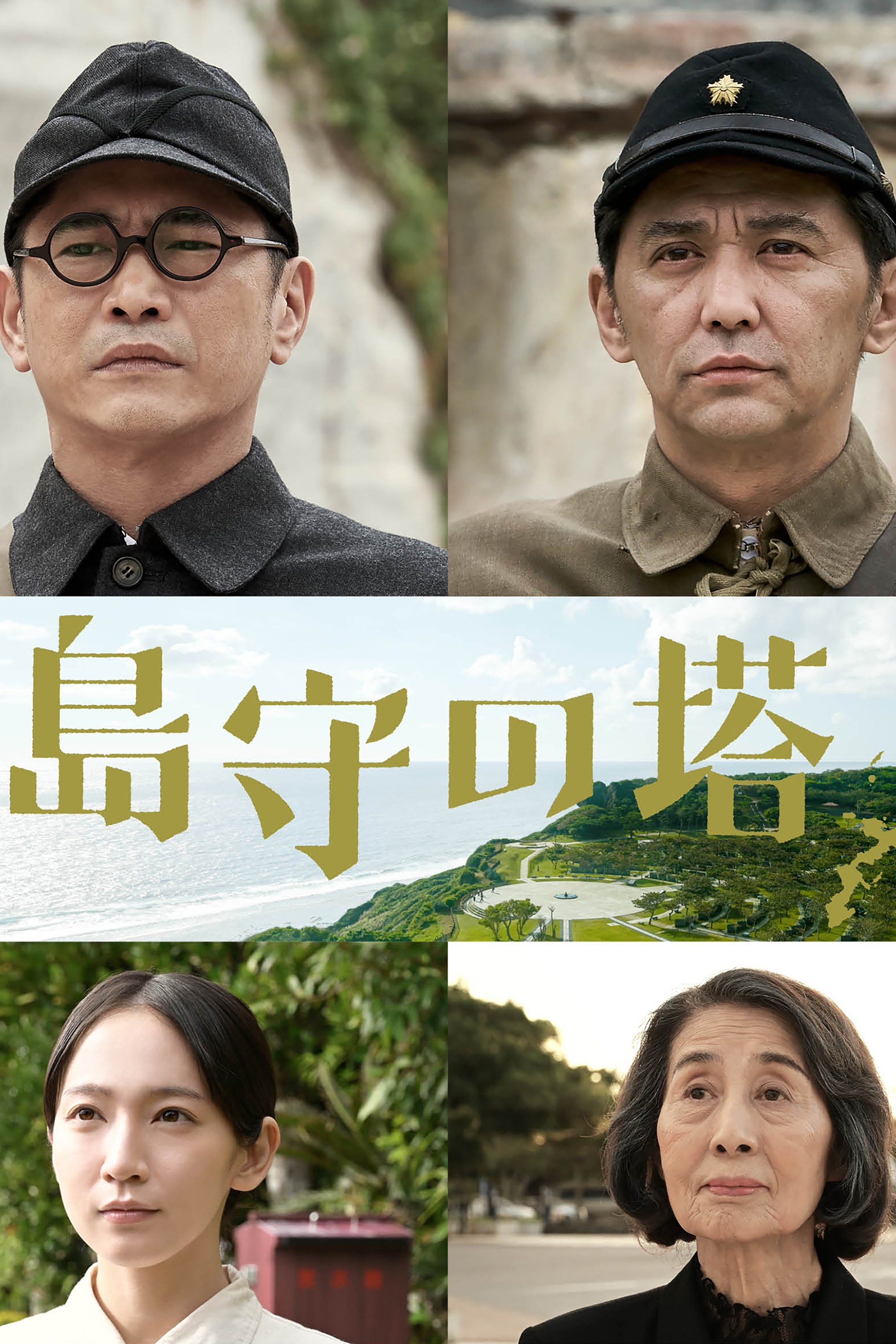
Together with Shimada Akira (Hagiwara Masato), the last appointed governor of Okinawa during the war, Arai Taizo (Murakami Jun), the chief of police of Okinawa Prefecture, goes beyond his duties and strives to protect the lives of the citizens of the prefecture. As the ravages of war intensify, the two, who each carried a heavy cross during the Battle of Okinawa, desperately devote themselves to saving the lives of the Okinawan people, with the belief that "life is precious." A human drama, set in Okinawa at the end of World War II, depicting the preciousness of human life. Directed by Igarashi Sho of One Step on a Mine, It's All Over.

In the turbulent last days of the Edo period, Kawai Tsugunosuke, a Japanese samurai serving the Makino clan of Nagaoka, dreamt of independence from the restraints of vassalship. Despite his progressive views and his desire for his estate to remain neutral during the Boshin Civil War, he was bound by loyalty and duty to the clan and was compelled to choose sides.
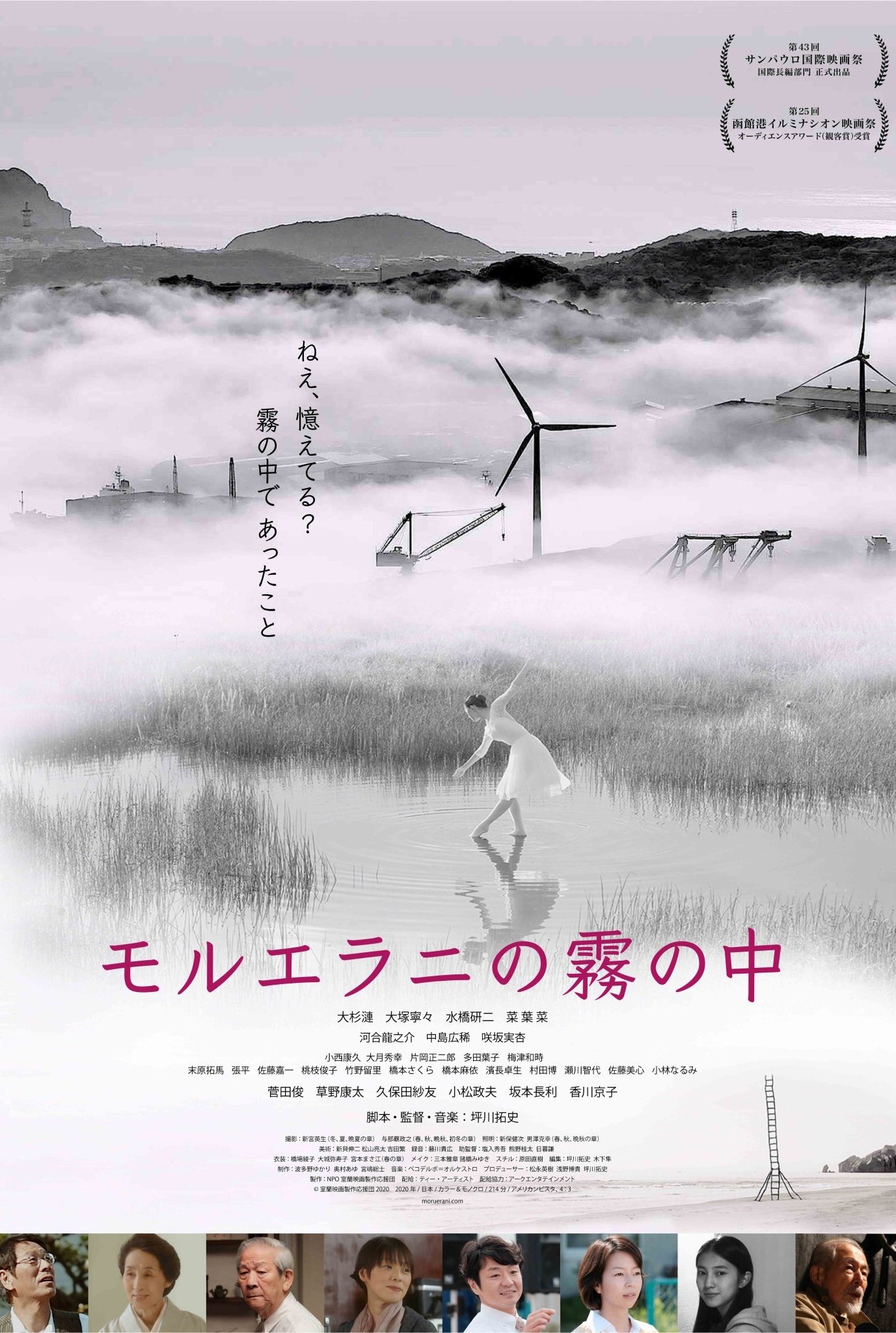
The owner of an established photo studio, collapses from illness. His son Shinta, who was raised by his divorced wife, comes home. One day, an elderly woman named shows up at the studio and beckons Shinta to come with her. They arrive at a grassy field where Shinta finds about the secret of the "singing voice" that keeps echoing in his memory and about his father's feelings.

Sakura, who just graduated from a university, begins to work at a library in Katsuragi, Nara Prefecture. She is flustered with her new job and unfamiliar environment. One day, an elderly woman named Reiko visits the library and shows Sakura an old photo of a man and a woman. Sakura takes her to the place where the photo was taken. Reiko sometimes brings other photos and Sakura takes her to the place where the photos were taken. While doing this, Sakura learns about the history and culture of Katsuragi. She also talks with the residents and grows as a person.
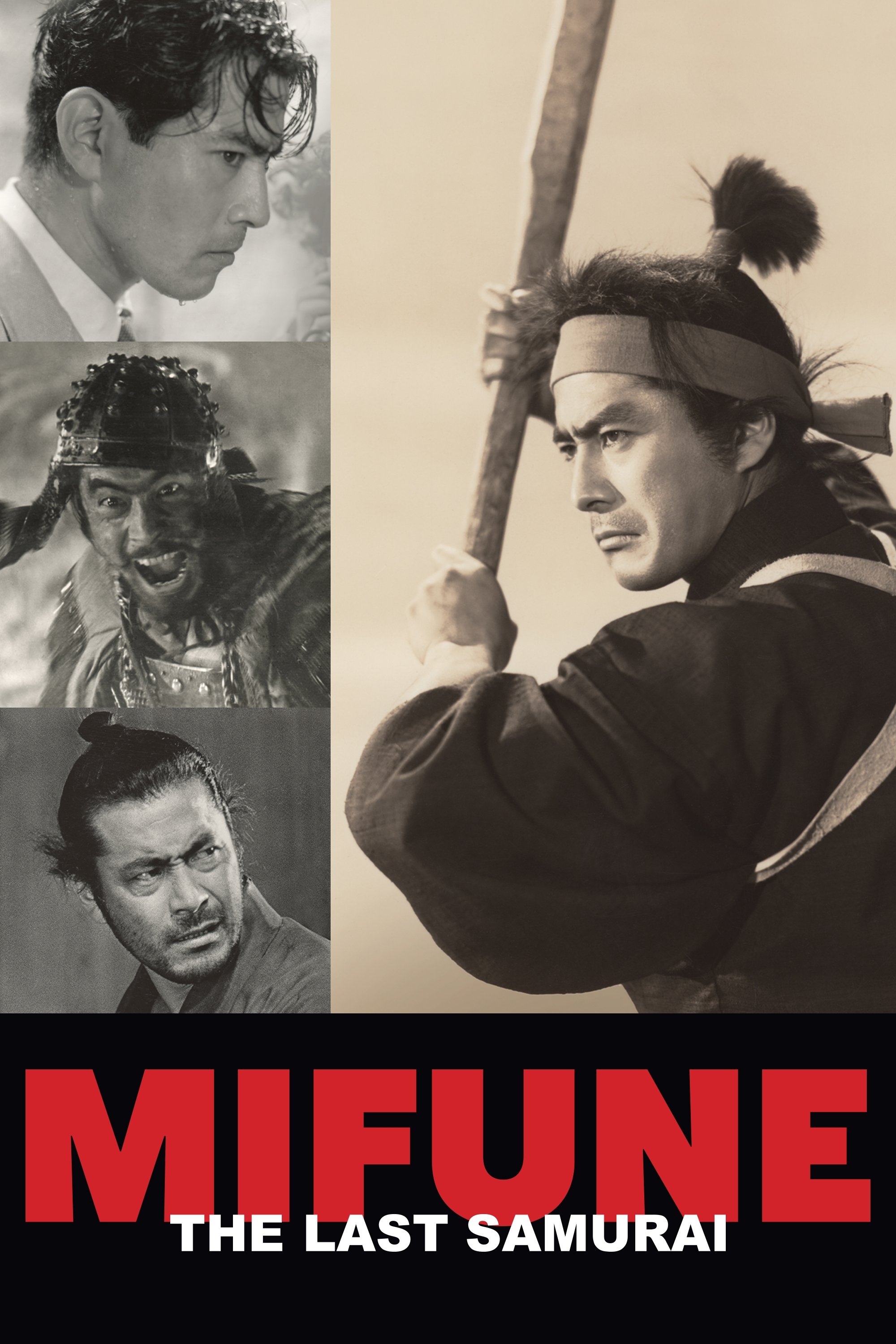
An account of the life and work of legendary Japanese actor Toshirō Mifune (1920-97), the most prominent actor of the Golden Age of Japanese cinema.
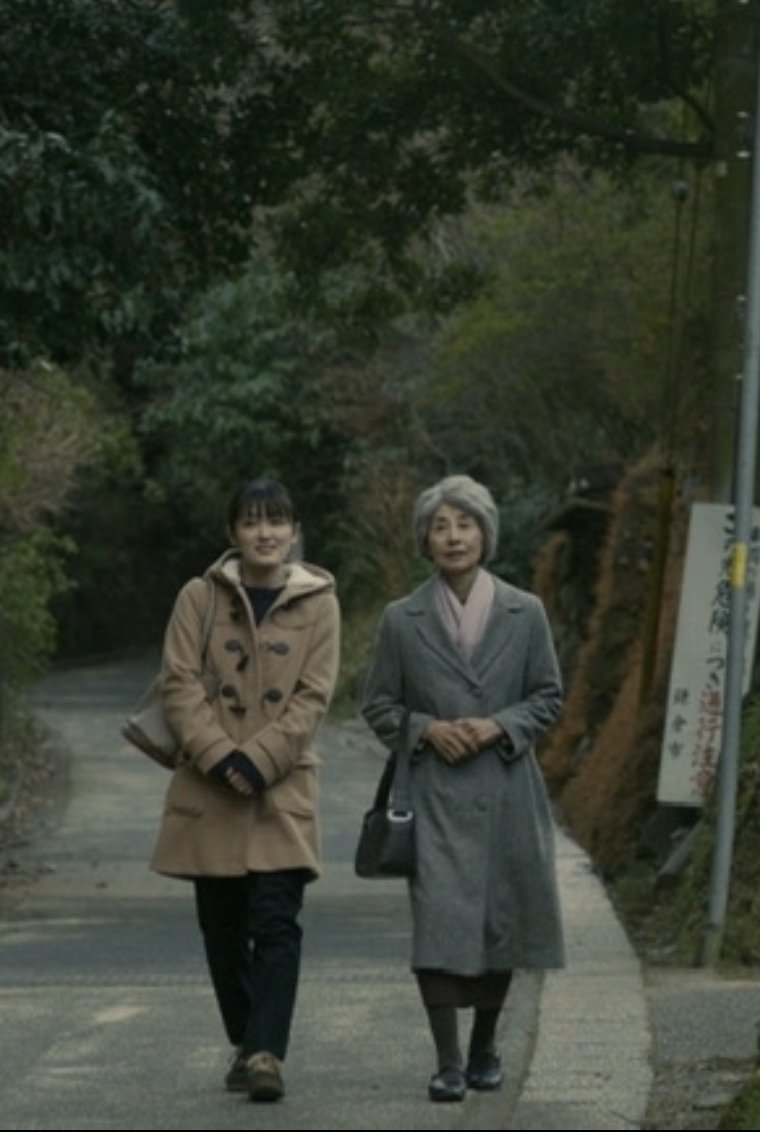
Nakata Hideo enlists Kagawa Kyoko, who immortalizes the youngest sister Kyoko in Ozu’s "Tokyo Story", to play an 80-year-old who suddenly receives a letter from her first love.

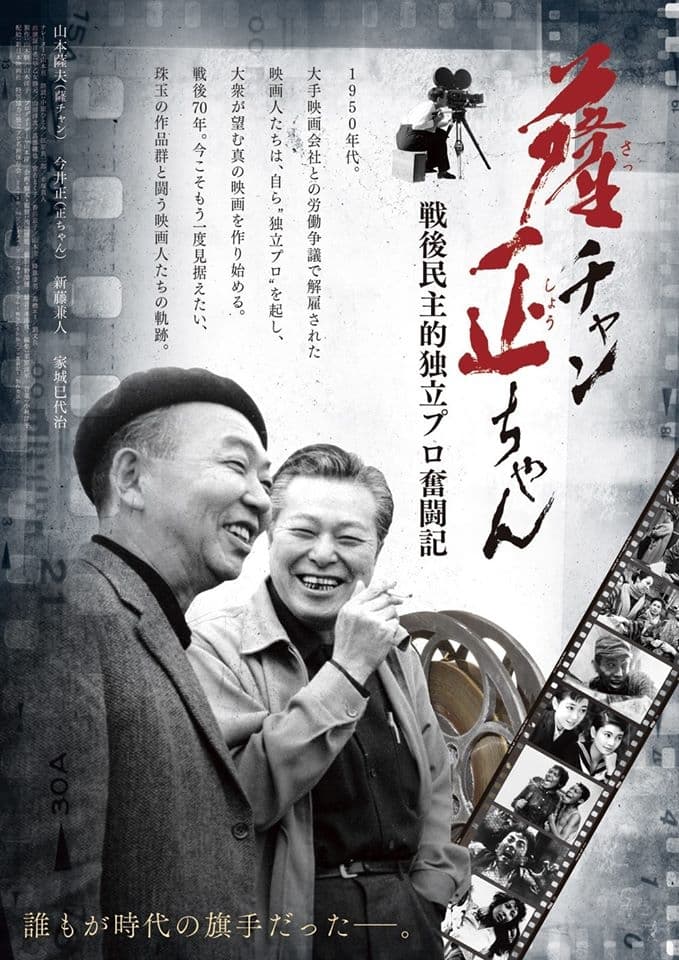
After the war, many filmmakers were expelled from the Japanese film industry due to the Toho Dispute and the Red Purge. Amid such circumstances, there were people who set up their own independent production companies and embarked on film production without relying on corporations. This documentary film focuses on the passionate "spirit of film" of directors such as Satsuo Yamamoto and Tadashi Imai, who, despite many hardships, produced a succession of masterpieces overflowing with humanism and rebellious spirit.

Silent poor... the poor and needy whose cries for help are drowned out in today's busling society. Their existence is spreading rapidly across the nation, and as such, the government decided to set up a body to help them. Nationwide, there are now people called Community Social Workers (CSW), and their jobs are to attend to the poor and needy. One such person is Satomi Ryo, and she works at the Shitamachi area's Council of Welfare. The people that she meets in her busy working life are people afflicted with juvenile dementia, those who have shunned society and locked themselves up in their rooms, the homeless... generally people who are in despair over life and the fate dealt to them. Ryo herself had been down the lonely road before, and as a way to pull herself out of her depression, she decided to work as a CSW, in order to help others like her. She strongly believes that one can always start all over again, and it is her belief that helps her to move forward in life.
Kyōko Kagawa (香川 京子 Kagawa Kyōko, born 5 December 1931) is a Japanese actress. She has appeared in leading and supporting roles in such films as Akira Kurosawa's The Bad Sleep Well and High and Low, Yasujiro Ozu's Tokyo Story, and Kenji Mizoguchi's Sansho the Bailiff.
By browsing this website, you accept our cookies policy.